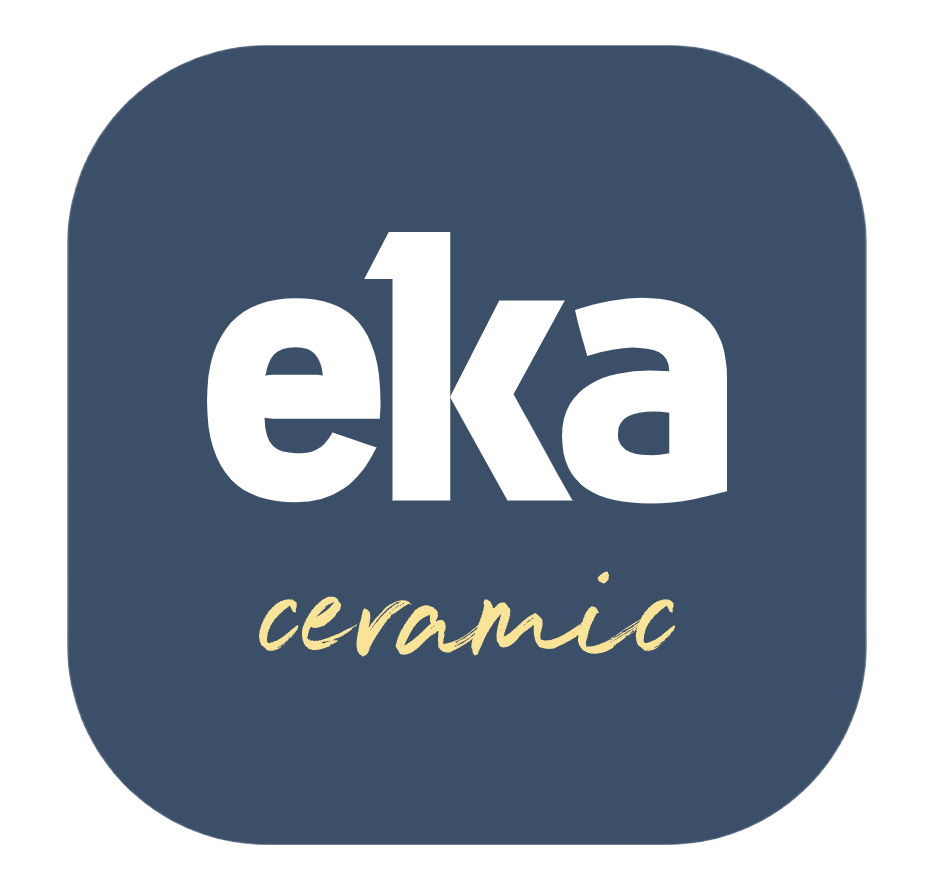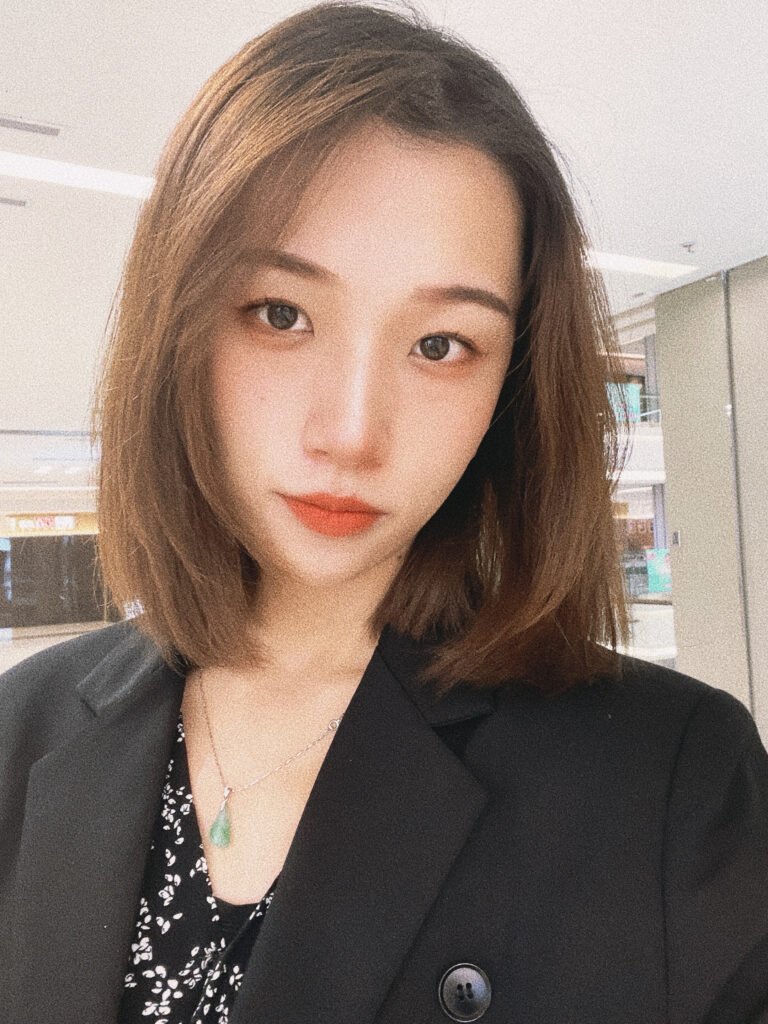In today’s digital age, social media plays an undeniably significant role in influencing consumer behavior and shaping design trends across various industries, including home goods and dinnerware. Platforms such as Instagram, Pinterest, and TikTok have transformed the way consumers discover new products, interact with brands, and even shape their preferences for style, color, and material. This has led to a revolution in the design of everyday items like dinnerware, as designers and manufacturers now find themselves responding not only to traditional market demands but also to the ever-evolving virtual trends that dominate social media. In this article, we will explore how social media influences dinnerware design trends, the importance of visual storytelling, and how brands like EKA can leverage these insights to stay ahead in a competitive market.
1. The Influence of Social Media on Consumer Behavior
Social media has fundamentally changed how consumers make purchasing decisions. Traditionally, consumers would visit physical stores or browse catalogs to decide which dinnerware set to buy. However, with the rise of digital platforms, the decision-making process has become more visual, faster, and often more impulse-driven.
On Instagram, Pinterest, and TikTok, influencers and home decor enthusiasts regularly showcase their dinnerware collections, creating trends that spread quickly. This visual-centric approach to product discovery means that dinnerware designs must be eye-catching, aesthetically pleasing, and shareable. As a result, manufacturers and designers need to not only think about functionality but also how their products will perform in the “social spotlight.”
2. Key Social Media Platforms Shaping Dinnerware Trends
Instagram: A Platform for Visual Discovery
Instagram has become a powerful tool for influencing design trends in the home goods sector. With over a billion active users, Instagram’s visual format allows brands to reach potential customers through curated posts, sponsored ads, and influencer partnerships. When it comes to dinnerware, users often post images of beautifully set dining tables, showing off elegant plates, bowls, and cups. These posts can quickly go viral, setting off a chain reaction of interest in similar styles.
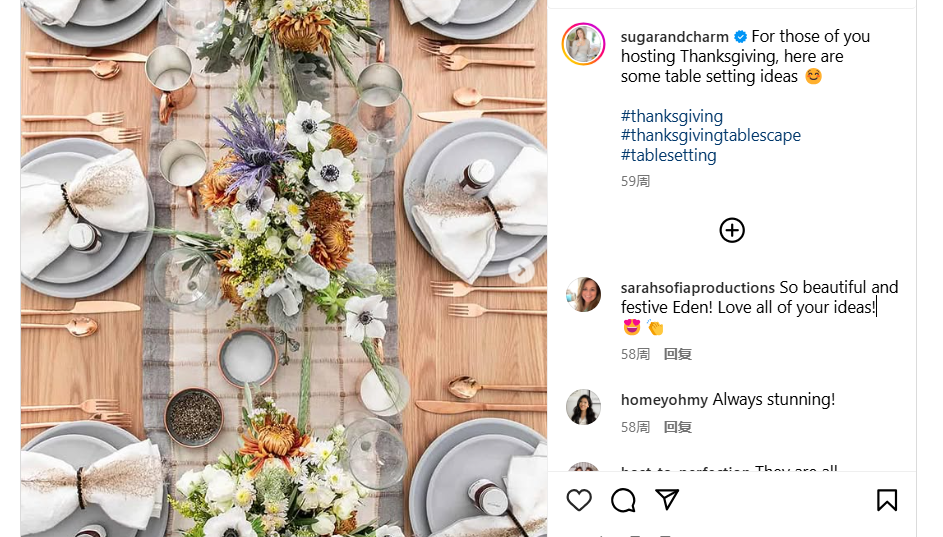
Hashtags such as #TableSetting, #HomeDecor, and #DinnerwareDesign are widely used by users to share their latest finds, and brands are leveraging these trends to create products that resonate with consumers. Additionally, Instagram Stories and Reels have allowed brands to showcase behind-the-scenes footage of the design process, further connecting consumers with the creation of their favorite dinnerware pieces.
Pinterest: A Hub for Inspiration and Planning
Pinterest is another platform where design trends are born. Unlike Instagram, Pinterest is more of a planning tool, where users pin images of products, styles, and ideas they hope to implement in the future. For dinnerware manufacturers, Pinterest is a goldmine for understanding what is trending in terms of color palettes, patterns, and material choices.
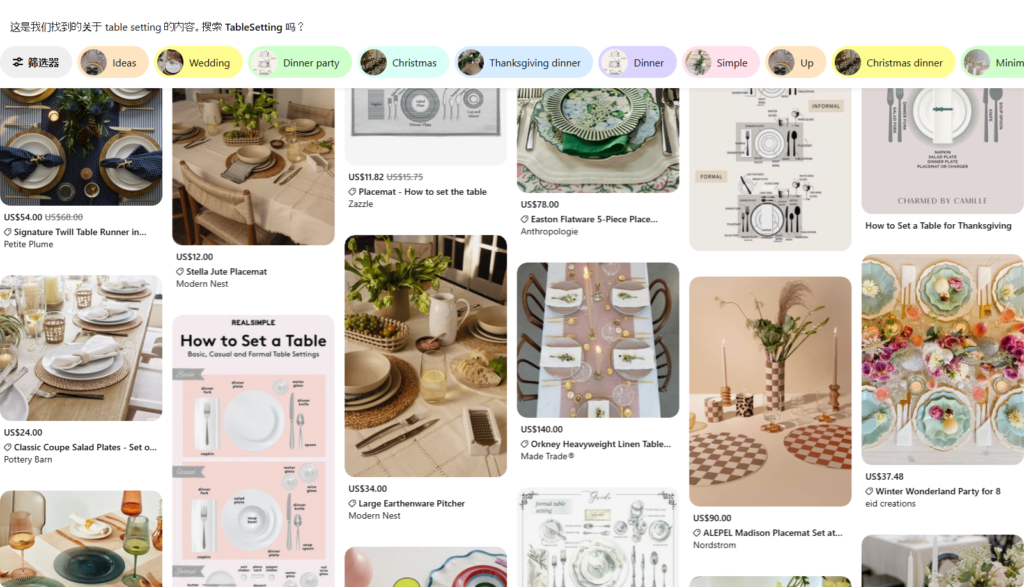
Many consumers use Pinterest to create vision boards for their ideal dining rooms, and dinnerware plays a crucial role in these boards. Designers and manufacturers often look to Pinterest for inspiration, and what is pinned frequently becomes the next hot trend. For example, muted earth tones, minimalist designs, and sustainable materials have all gained popularity in recent years, thanks in part to Pinterest users pinning and sharing these aesthetics.
TikTok: The Power of Viral Trends
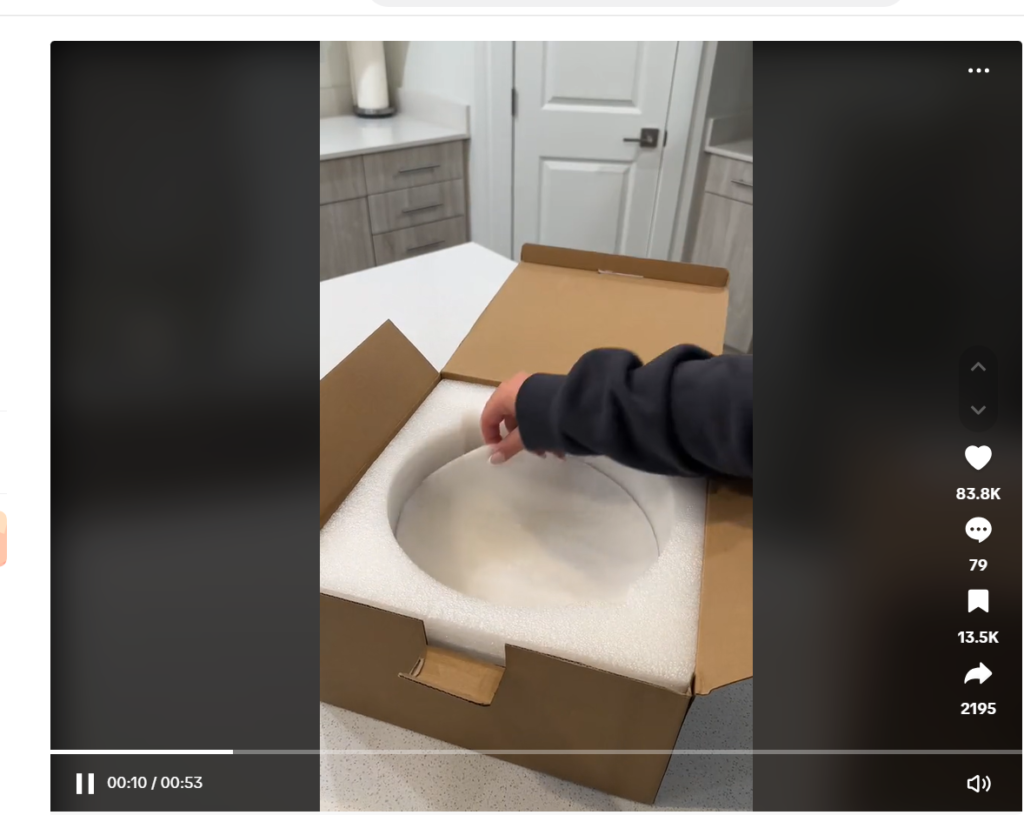
TikTok, with its short-form video format, has rapidly become a force to be reckoned with in the world of design. Through challenges, trends, and viral hashtags, TikTok has the ability to push dinnerware designs into the spotlight. Short, creative videos showcasing table settings, product unboxings, or DIY projects involving dinnerware can lead to explosive growth in product popularity.
For example, videos featuring unique dinnerware collections or tips for setting the perfect dinner table can inspire millions of viewers to seek out similar products. TikTok also allows users to engage directly with brands, creating an interactive relationship that further drives demand.
3. How Social Media Shapes Dinnerware Design Trends
Visual Aesthetics and Color Palettes
One of the primary ways social media shapes dinnerware design trends is through color and aesthetics. Over time, social media platforms have created a feedback loop where consumers and designers continuously interact. Colors that appear frequently in posts or that are deemed “Instagrammable” become more desirable.
In recent years, certain colors have gained massive traction on platforms like Instagram and Pinterest. Pastels, especially blush pink and soft blue, have been popular due to their gentle tones and photogenic appeal. Meanwhile, rich, jewel-toned ceramics, including emerald green and deep cobalt blue, have seen a rise thanks to TikTok trends. These colors create a contrast to the minimalist designs that dominate modern dinnerware, creating a fresh approach that speaks to social media aesthetics.
Sustainable and Eco-Friendly Design
Sustainability is another significant trend driven by social media. Consumers are increasingly looking for products that align with their values, particularly in the areas of sustainability and environmental impact. Platforms like Instagram and TikTok have made it easier for consumers to discover eco-friendly dinnerware brands, with influencers sharing their favorite sustainable products.
Dinnerware manufacturers are responding by using recycled materials, promoting eco-friendly packaging, and ensuring their production methods have a minimal environmental impact. Brands that emphasize sustainability in their social media marketing efforts often receive more engagement, which leads to greater brand loyalty and awareness.
Influencer Collaborations and Limited Editions
The role of influencers cannot be overstated in shaping dinnerware design trends. Influencers with large followings can make or break a product, especially if they showcase a new dinnerware design in a highly curated post or video. As such, many dinnerware brands collaborate with influencers to design limited-edition collections or to feature their products in influencer-led styling tutorials.

These collaborations have the power to create an exclusive, “must-have” feeling around a dinnerware set, often resulting in sold-out collections and significant brand recognition. For example, a popular influencer might post a video showing their new dinnerware set, encouraging viewers to purchase before it sells out. This creates a sense of urgency, and consumers are more likely to purchase based on the influencer’s recommendation.
4. The Impact on Design Choices: A Comparison
The following table highlights key dinnerware design trends that have emerged as a result of social media platforms, focusing on the different influences and how they compare across platforms.
| Trend | TikTok | ||
|---|---|---|---|
| Color Palettes | Soft pastels, jewel tones, warm neutrals | Earthy tones, muted colors, monochromatic | Bold colors, vibrant patterns, unique hues |
| Material Choices | Ceramic, porcelain, recycled materials | Stoneware, porcelain, eco-friendly ceramics | Stoneware, handmade, ceramic |
| Design Style | Minimalist, Boho chic, modern rustic | Classic, vintage-inspired, contemporary | Bold patterns, unique designs, eclectic |
| Popular Themes | Tablescaping, rustic settings, festive moods | Wedding registry ideas, home styling | DIY projects, product reviews, unboxings |
| Influencer Impact | Significant for product visibility and style | More for inspiration and mood boards | Strong influence through viral trends |
5. The Role of EKA in Responding to Social Media Trends
As a leading manufacturer of high-quality ceramic dinnerware, EKA has closely monitored the influence of social media on design trends. By understanding the ever-changing preferences of consumers, EKA can adapt its offerings to meet these demands. For example, EKA has introduced a range of eco-friendly, sustainable dinnerware lines that align with the increasing demand for environmentally conscious products. Additionally, EKA’s use of high-quality materials, such as porcelain and stoneware, allows it to stay competitive as these materials continue to dominate the social media landscape.
By maintaining a strong presence on platforms like Instagram, Pinterest, and TikTok, EKA can directly engage with influencers, designers, and consumers, gaining valuable insights into emerging trends. This helps EKA to not only stay ahead of the competition but also to create products that resonate with today’s style-conscious, socially-aware consumers.
Conclusion
Social media is no longer just a platform for communication—it is a driving force in shaping consumer preferences and design trends. As platforms like Instagram, Pinterest, and TikTok continue to influence dinnerware trends, manufacturers must be agile and responsive to these digital shifts. EKA, with its commitment to quality and innovative design, is well-positioned to leverage these insights and provide customers with products that are not only functional but also visually appealing and in line with current design trends. By keeping a close eye on social media trends, EKA ensures that it remains a leader in the ceramic dinnerware industry, helping its clients stay ahead in a competitive market.
